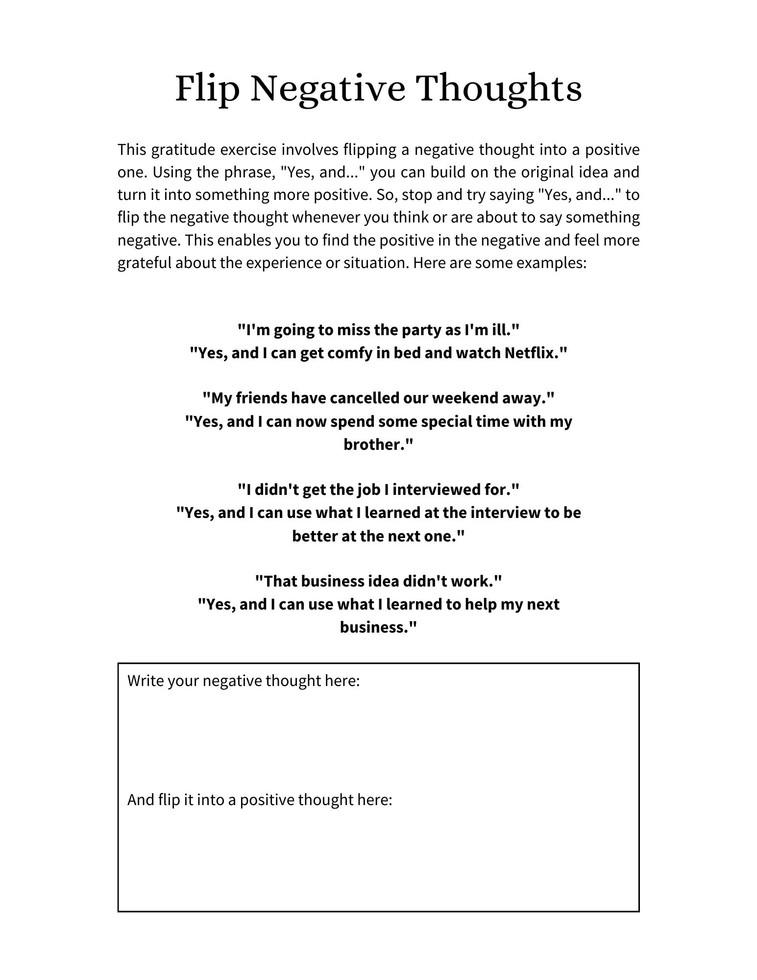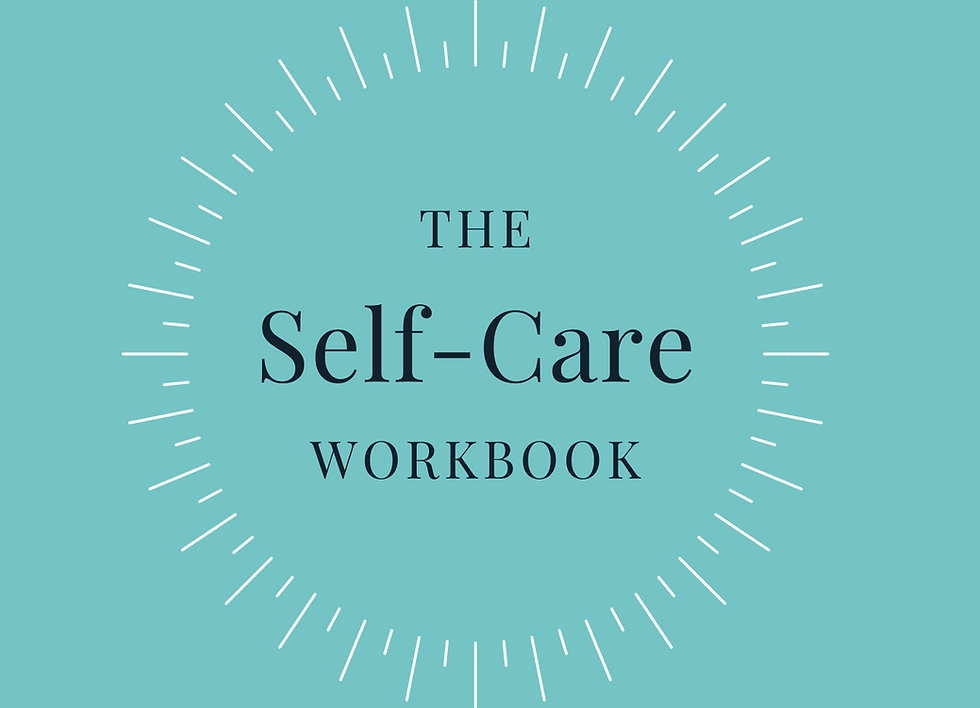Practicing Gratitude in 2023
- Alicia Peletz

- Dec 30, 2022
- 4 min read
Updated: Apr 18, 2024
Introduction
It's been a while. Not because Gina, Kristy, and I haven't wanted to create content for you- we just have been busy. We have all had exciting life events that the blog has suffered. Gina has been a rockstar mom traveling the world, delivering professional development to countless educators. You can check out a blog she wrote for Defined Learning on Empathy: The Difference Maker for Inquiry from the conference she facilitated in South Africa for the Association for International Schools in Africa (AISA) this fall. Kristy has been busy learning and facilitating for numerous organizations such as Defined Learning, OpenSciEd, PBLWorks, and of course, ACP, where she has been specializing in working and building the capacity of instructional coaches, all while supporting her daughter to adjust to 6th grade. As for me, life got extra busy. On top of designing and delivering professional learning, I finished my classes for my degree in school and building leadership in December. Most exciting, though, I had my first baby in November after many years of trying.
We know students need a ton of academic, social, and emotional support, but just hearing how positive the teachers felt gave me hope we were turning the page from the pandemic.
As the three of us recently chatted, we realized that 2022 started rough but slowly improved, and we are thankful for so much personally and professionally. We have heard this from educators too. This school year has felt like we are finally returning to what we consider "normal." I remember doing a workshop in late September and having educators share something that was bringing them joy in their job. The theme that connected them all is that they all just felt lighter. These fantastic educators no longer felt like they had a weight on their shoulders and could return to what they loved: helping and teaching students. Are there still issues? Of course! We know students need a ton of academic, social, and emotional support, but just hearing how positive the teachers felt gave me hope we were turning the page from the pandemic.
The 2023 Year Challenge
As we return from break and head into the new year of 2023, I want to keep that momentum that the start of this school year brought. A new calendar year always feels exciting and fresh, and it is why most of us make New Year's resolutions that most of us break within a few days. This year, I want to give all of us a challenge that we can all hopefully stick to, showing gratitude.
This year, I want to give all of us a challenge that we can all hopefully stick to, showing gratitude.
Are you finding yourself rolling your eyes a little? Or maybe you feel like you don't have enough time to focus on something like that? Well, you aren't alone. In Elena Aguilar's book Onward: Cultivating Emotional Resilience in Educators, she writes about how we all have a negativity bias called wrong-spotting. According to Aguilar, "the brain perceived negative stimuli faster and most intensely than positive stimuli. Within a tenth of a second, we can store negative stimuli in our memories. In comparison, positive experiences are harder for us to spot and must focus on for 12 seconds before we can retain them in our memories" (Onward, 178-179).
This is why that one comment from a student in the class can eat away at you for the rest of the day, or you overthink that parent's email. We can't help but focus on what went wrong rather than what went right. We don't sit there and think about the other 30 students in the classroom who loved our lesson; we think and beat ourselves up over the one student who didn't. So what can be done? According to Aguilar, the best way to combat our negativity bias is to highlight the bright spots in our lives.
According to Aguilar, the best way to combat our negativity bias is to highlight the bright spots in our lives.
The Gratitude Workbook It sounds simple, but it is easier said than done. Even as someone big into reflection, I can reflect with my negativity bias unless I tell myself to focus on bright spots. What better way to focus on bright areas than by regularly capturing what we are grateful for. To help all of us in this new year focus on bright spots, we want to offer you some tools, strategies, and activities you can use with your students in our FREE Gratitude Workbook.
In our workbook, we have grouped various handouts into similar categories. They are not necessarily meant to go in order; instead, they are handouts that you can quickly adapt or use. You might use handouts from the same category regularly to create routines with students or mix them up to keep the practice of gratitude fresh.
While we made this workbook for students, gratitude isn't limited to just them. Many of these handouts are great for anyone, including yourself, to help capture those bright spots. If you are a leader, think about how your staff could intentionally and regularly focus on gratitude to avoid wrong-spotting.
To get your copy of The Gratitude Workbook, check out some preview pages and then click on the link to download it below
Conclusion
We will be back with our monthly blog posts starting mid-January. We want to thank you for being dedicated educators supporting students worldwide and for your continued support of ACP. We hope to continue to provide you with valuable tools, resources, and strategies in the new year.














Comments